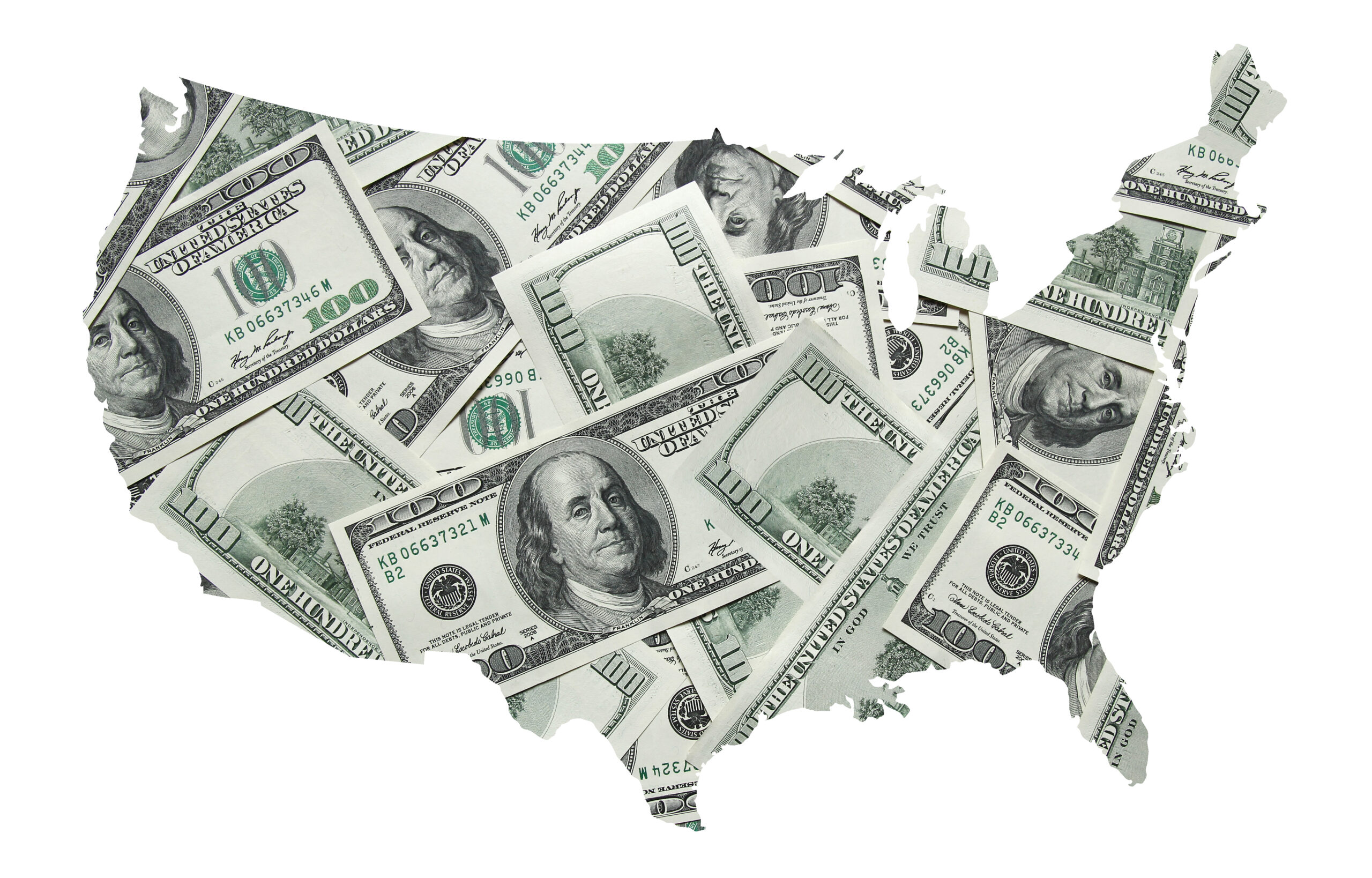Posts tagged Lyft
4 reasons why labor unions love Tim Walz
August 8, 2024 // The International Brotherhood of Electrical Workers noted that Walz, a former teacher, understands the struggles of working people. The AFL-CIO hailed the governor as a principled fighter and labor champion. The Service Employees International Union pointed to what it called "the Minnesota Miracle," a sweeping package of pro-worker laws passed by the state's Democratic legislature last year and signed into law by Walz.
COMMENTARY: No Means No
July 29, 2024 // Don’t let the language of protection and freedom fool you. When someone refuses to take no for an answer, that’s not protection. It’s an attack on our freedom to choose self-employment. It’s an attempt to change the laws and regulations that protect us from them. What we are experiencing has a name. This is what zealotry looks like. It’s the behavior of fanatics who are uncompromising in the pursuit of what they want, no matter how detached from reality their beliefs are, and no matter how many people they hurt in the process.
California Supreme Court upholds AB5 exemption for gig workers
July 29, 2024 // Case on independent contractor law involved workers’ comp and ballot initiative Prop 22 that granted carve-out

Freelancers sue over new rules on independent contractors
July 8, 2024 // “It really coerces a lot of companies to try to put people, put workers in the employee box just so that they can be sure that they have their bases covered,” says Wen Fa, an attorney and vice president of legal affairs at the Beacon Center of Tennessee, a nonprofit think tank that advocates for individual rights and free market public policies. “Ultimately, what we’re fighting for is the right to freelance.” Fa is representing Margaret Littman and Jennifer Chesak — Nashville-based freelance writers and authors whose bylines collectively include The Washington Post, Men’s Health, National Geographic, and Condé Nast Traveler.

Commentary: The Big Fear? A Real Rematch
July 6, 2024 // Just a few hours after the court’s ruling dropped late last week, allowing both ballot measures to proceed, the Massachusetts attorney general made an announcement of her own. She agreed to a deal that will let Uber and Lyft drivers in Massachusetts remain independent contractors, with a minimum hourly wage of $32.50 and some benefits. Interestingly, the attorney general’s announcement noted that the deal averts giving the people of Massachusetts a chance to vote on the matter:

Fair pay for Uber drivers belongs on ballot, Massachusetts court suggests
May 7, 2024 // A group supported by Uber, Lyft, DoorDash and Instacart is promoting ballot initiatives that would establish that the companies’ drivers are contractors who are exempt from the state’s employment laws — which means that they aren’t entitled to minimum wages, overtime, paid sick leave, unemployment insurance or health benefits. Meanwhile, an initiative promoted by drivers would allow them to form a union and engage in collective bargaining. Both sides claim the other is trying to confuse voters and “logrolling” by combining unrelated provisions into one petition. The state attorney general’s office approved all the initiatives and found itself in the odd position of defending both sides in court.
Side Hustles in Focus as Gig Worker Laws Stir Uncertainty
May 1, 2024 // In the debate over the classification of gig workers, Massachusetts finds itself at the center of a legislative whirlwind, echoing a lengthy battle around California’s AB5 Gig-worker law. Proposals to reclassify Uber and Lyft drivers as employees rather than independent contractors have sparked heated discussions about labor rights and the unintended consequences of regulatory measures.
Seattle’s new minimum wage rule undermining delivery drivers
April 25, 2024 // It’s not just restaurant owners who are being squeezed. So are drivers. Drive Forward Seattle, an app-based driver advocacy group, recently surveyed its members on the impact of the rule. A DoorDash driver identified as Marvin said, “I went from making $300 a day during the weekends to making $80 a day and that’s on a good day. It takes over 2hr to even get one order.” A driver named Sally told the advocacy group, “90 percent of the customers don’t tip since the app changed. So, they have to go back onto the app after the delivery, if they even remember to do so, in order to tip. That’s a big thumbs down.” The pushback has been so strong that the Seattle City Council has mulled repealing the rule altogether. Unions, who have struggled to organize the delivery drivers, have pushed back against the potential repeal, arguing that the wage system is working as intended.

Minneapolis Is About To Kill Ride-Sharing
April 18, 2024 // Just last month, Seattle's disastrous attempt to enact a minimum wage for app-based food delivery drivers was in the news. The result was $26 coffees, city residents deleting their delivery apps, and drivers themselves seeing their earnings drop by half. Now, the Minneapolis City Council has decided to join the fray in the multifront progressive war against the gig economy—and this time, the outcome could be even worse.

Op-ed: I’m an Instacart driver: California Supreme Court must protect my job
April 18, 2024 // Hundreds of thousands of drivers like me are counting on the California Supreme Court to respect the will of the millions of Californians who voted for Prop 22 and continue to allow us to earn on our own terms. I hope that the court does the right thing and upholds Prop 22.
